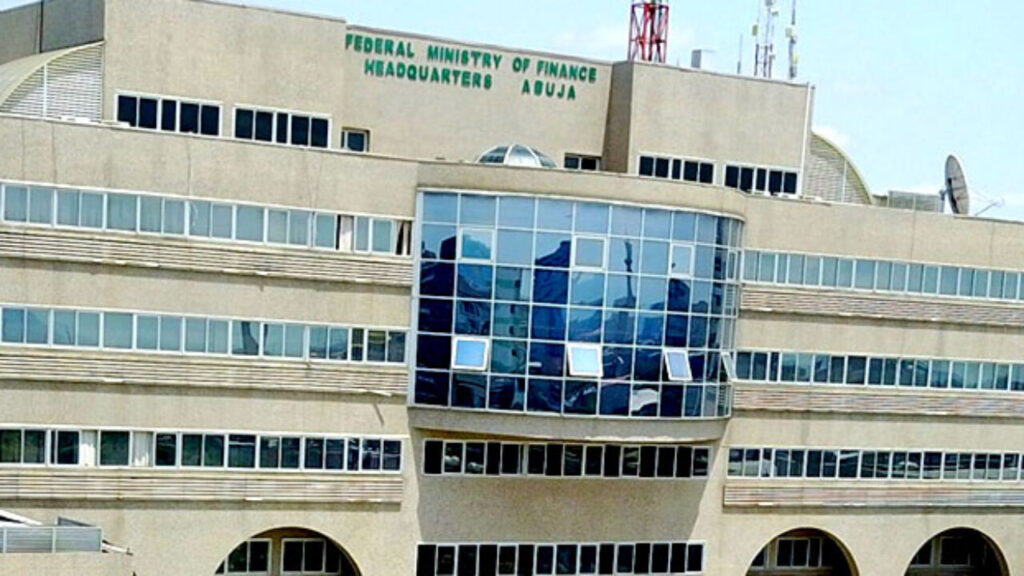News Commentary – By Abdul Lauya
The painful monthly ritual that Nigerian military pensioners endure just to access their lawful entitlements exposes more than bureaucratic dysfunction, it reveals a deeper national failure to honour those who once defended the country with their lives.
In a country whose sovereignty and fragile unity were preserved by the blood, sweat, and sacrifice of its armed forces, the recurring plight of military pensioners is both troubling and unacceptable. Each month, the Chairman of the Military Pensions Board (CMPB), a serving Two-Star General, undertakes a now-familiar and humiliating ritual: visiting the Federal Ministry of Finance (FMoF) to plead for the release of funds allocated for pensions. It is a scenario that raises disturbing questions about the value Nigeria places on its veterans and the very nature of pension administration in the country.
Pensions, by all legal and constitutional definitions, are statutory obligations, not acts of benevolence. The Nigerian Constitution, the Pensions Reform Act, and the Military Pensions Act all make it clear: a pension is earned. It is the lawful entitlement of any citizen who has served meritoriously, particularly members of the Armed Forces who dedicate decades to national service, often at great personal cost. Yet, in practice, pensions appear to be treated as discretionary handouts, with monthly excuses of “no cash backing” serving as a convenient bureaucratic shield for inexcusable delays.
As we enter salary and pensions week, anxiety hangs heavy in the air among retired military personnel. Many remember how May, 2025 pensions were delayed until nearly the first week of June, even though the Federation Account Allocation Committee (FAAC) had already shared the revenue for April on the 18th of that month. It begs the question: If FAAC allocations to federal, state, and local governments are promptly disbursed, why must military pensioners continue to suffer uncertainty and indignity every month?
It is both ironic and insulting that a decorated officer, after decades of unblemished service, including active roles in the Nigerian Civil War, the fight against terrorism, and internal security operations, must now wait hours, sometimes days, just to see a civilian official at the FMoF to advocate for the timely release of pensions. This bureaucratic runaround is not just an insult to the individual, but a betrayal of the institution of the Nigerian Armed Forces.
In contrast, best practices in other nations treat veterans with honour, not as afterthoughts. In the United States, the Department of Veterans Affairs handles veteran benefits with automated systems, fixed payment schedules, and legislative protections that remove politics and human bottlenecks from the process. In the United Kingdom, the Veterans UK agency ensures support and payment reach ex-service personnel efficiently and with dignity. In both nations, veterans’ welfare is a mark of national pride, not neglect.
Here in Nigeria, however, beyond the pension delays, there is the failure of the Defence Health Maintenance Limited (DHML), the military’s health insurance scheme. The organization, increasingly seen as politicized and inefficient, offers little real coverage. Veterans often find that essential medications costing over ₦1,000 are unavailable in military hospital general pharmacies. They are redirected to “controlled” pharmacies where they must pay out of pocket. For many retired personnel, a ₦100,000 medical bill, perhaps for hypertension, diabetes, or prosthetics, can spell disaster. It could mean skipping treatment, deteriorating health, or even death.
The recurring delays and the health crises faced by veterans point to a deeper national malaise: the failure to institutionalize dignity in retirement. The government must act, urgently and decisively. It is time to set a fixed date, such as the 25th of every month, for the automated payment of military pensions. This must be backed by clear procedures, real-time auditing, and zero reliance on physical follow-ups by CMPB leadership. No general should ever again have to beg for the release of a right already backed by law and budgetary allocation.
A nation that treats its heroes this way sends a dangerous message to those currently serving in uniform: that their future is uncertain, and their sacrifices disposable. The consequences of this message, on morale, recruitment, and loyalty, are long-term and profound.
The question is not just whether the CMPB must continue to beg. The real question is: has Nigeria already forgotten the cost of its unity, the price of its peace, and the sacrifices of its defenders? If so, the answer may lie not just in the halls of government but in the growing despair of those who once stood watch over the nation’s survival.
For advert placement and inquiries, publication of press releases, and news coverages, please call: Phone: 08052898434 Email: editor@eyereporters.com, click here to view the advert rates.



